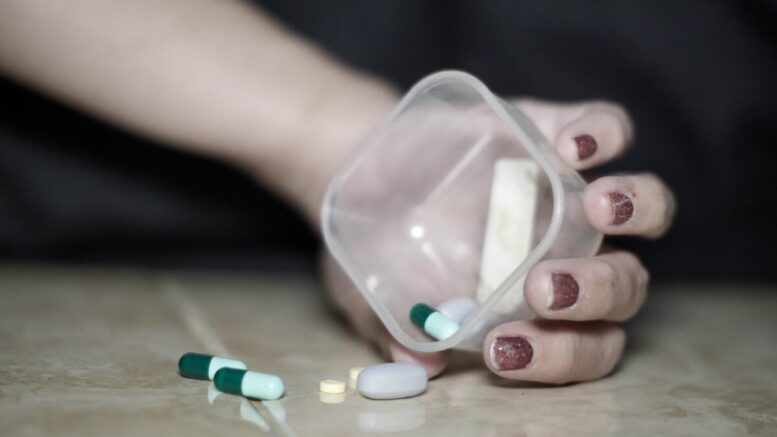Addiction is a complex issue, even more so when it affects adolescents. Teenagers grappling with drug and alcohol addiction require specialized care and treatment.
The best teen drug and alcohol rehab centers offer comprehensive programs tailored to meet the unique needs of adolescents. This article provides a guide on how to find the right rehab center for your teenager.
Understanding Adolescent Addiction
Teenagers face unique challenges when dealing with addiction. Their bodies and brains are still developing, making them particularly vulnerable to the harmful effects of drugs and alcohol.
Moreover, they often struggle to express their feelings and may not fully understand the gravity of their situation. Therefore, the best teen drug and alcohol rehab centers provide specialized treatment programs to address these issues.
Types of Treatment Programs
In your quest to find the optimal teen drug and alcohol rehab, evaluating the range of treatment programs they provide is imperative. These may span from inpatient residential treatment, where the adolescent lives within the facility, to outpatient treatment, which enables them to maintain their school or work routines.
Some centers also embrace holistic methodologies, integrating alternative therapies such as yoga, meditation, and art therapy into their treatment protocols. Such diverse strategies can effectively address addiction’s physical, psychological, and emotional facets.
The Importance of a Safe and Nurturing Environment
A comforting and supportive environment is essential for teen drug and alcohol rehab. Adolescents need to feel safe and nurtured to open up about their struggles and commit to recovery. A structured daily routine and a warm, welcoming atmosphere can go a long way in fostering recovery.
Holistic Healing Approaches
In addition to traditional therapies, the best teen drug and alcohol rehab centers often employ holistic healing approaches. These can include art therapy, activity therapy, music therapy, and more. Such treatments provide a creative outlet for teens to express their feelings, manage stress, and develop coping skills.
Addressing Underlying Issues
Addiction often stems from underlying issues like trauma or mental health disorders. Therefore, the chosen teen drug and alcohol rehab must address these root causes. Individual therapy can help teens understand their triggers and develop healthier coping mechanisms. Family therapy sessions can also be invaluable in healing and strengthening familial relationships.
Building Healthy Relationships and Communication Skills
Effective communication skills and healthy relationships are critical to long-term recovery. Group therapy and peer interactions at a teen drug and alcohol rehab can help adolescents learn how to express their feelings appropriately, listen to others, and build supportive relationships.
Support Network and Aftercare
A strong support network is crucial for promoting long-term recovery. This includes family, friends, therapists, counselors, and peers from the rehab center. Moreover, aftercare planning and continuous support can help prevent relapse and ensure the teen stays on the path to recovery.

Questions to Ask When Choosing a Rehab Center
When considering different teen drug and alcohol rehab centers, ask about the treatments offered, staff qualifications, success rates, and aftercare support. This information can help you make an informed decision and choose the best rehab center for your teenager.
Navigating the Path to Recovery: Making the Right Choice for Teen Drug and Alcohol Rehab
In conclusion, finding the right teen drug and alcohol rehab center is critical for recovery. It may seem daunting, but with the correct information and guidance, you can find a center that offers the comprehensive, compassionate care your teenager needs to overcome addiction.
Remember, the journey to recovery is a marathon, not a sprint, and every step forward counts. We hope this info has been beneficial and thank you for reading.
